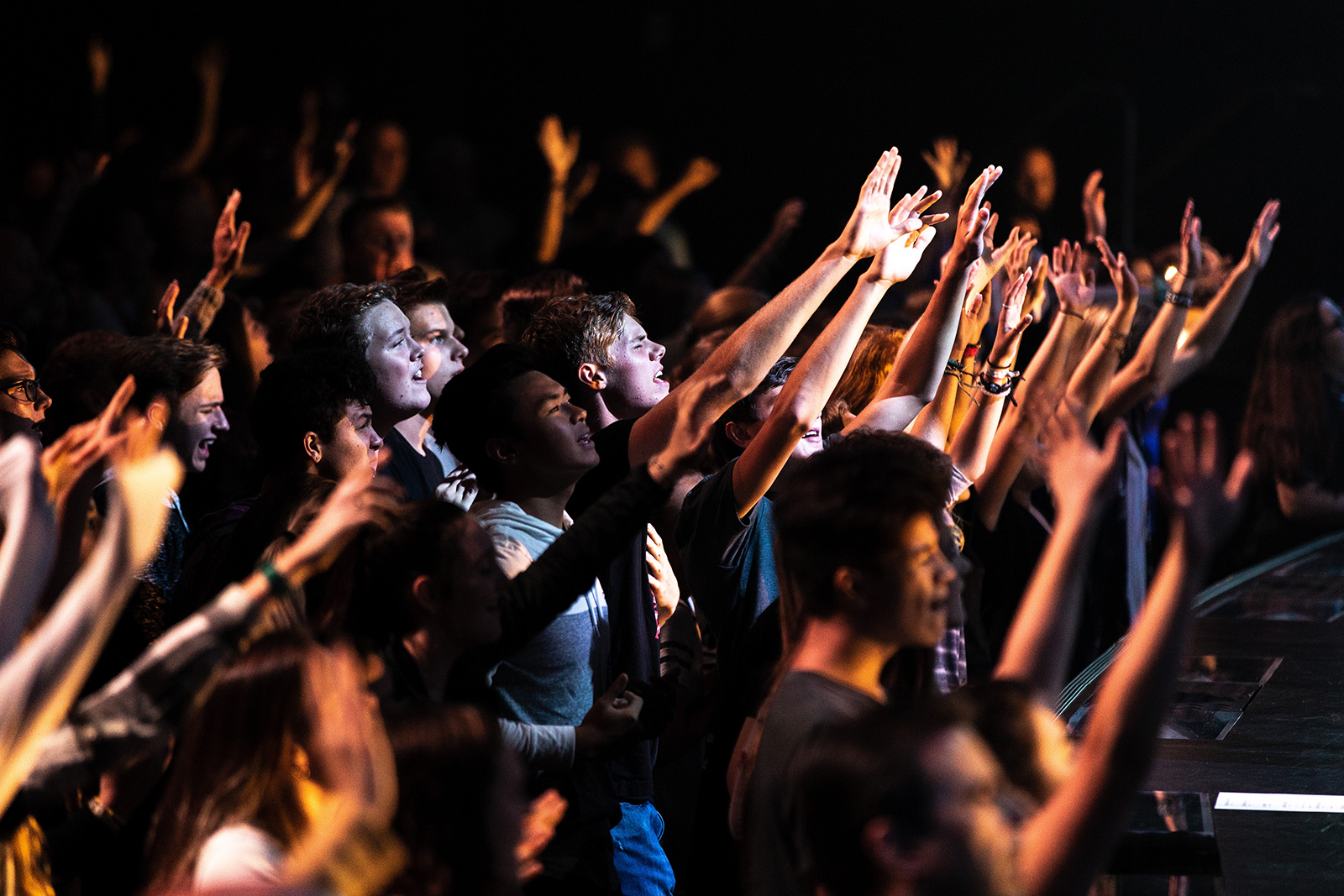RNS) — No small number of millennials was first introduced to personal technology tending to their tamagotchis during recess. Only later did the dot-com revolution, smartphones and social media invade every part of their lives, from relationships to health to music — and faith. Today, meditation podcasts, TikTok sermons and livestreams of Friday (Jumah) prayers are all at everyone’s fingertips.
A study out of Canada suggests that this last generation to experience a smartphone-free childhood is still keeping one foot firmly planted in the real world — at least when it comes to religion.
The study, led by University of Waterloo sociologist Sarah Wilkins-Laflamme, found that a sizable minority of millennials in the United States and Canada (32%) turns to digital religious or spiritual activities on at least a monthly basis. But only 5% said they do so without engaging in in-person forms of religion or spirituality once a month or more.
“For the most part, people are both involved in person and supplement that through digital religion,” explained Wilkins-Laflamme.
The findings will comfort faith leaders who worry that technology will displace religiosity, said Pauline Cheong, a professor at Arizona State University who researches religion and communication technologies but wasn’t involved in the Canadian study. “(Digital religion) is not a disruption or huge tear in the social fabric,” said Cheong. “There are a lot of savvy religious users using it to complement existing ties (to religion).”

Sarah Wilkins-Laflamme. Courtesy photo
A millennial herself, Wilkins-Laflamme set out to gauge to what extent her generation, which is less likely to participate in organized religion than previous generations, engages with religion online. She surveyed 2,514 respondents in March 2019. (The study, therefore, does not account for how the pandemic may have changed millennials’ digital habits during a time when many houses of worship went online.)
“The overall takeaway for me was that digital religion is definitely a thing, but it’s a thing that only a chunk of the (millennial) population does,” said Wilkins-Laflamme.
Millennials also participate in digital religion to varying degrees. Wilkins-Laflamme left the definition of digital religion largely up to respondents; it could include anything from using a Bible app to watching a spirituality-themed Instagram reel. Forty-one percent of U.S. respondents reported passively consuming any kind of religious or spiritual digital content at least once a month, while only 32% of U.S. respondents took the time to post about religion or spirituality on social media monthly.
Millennials in Canada, where the population is less religious overall, were active at lower rates, with 29% taking in digital religious content and 17% posting it.
It’s not yet clear whether Gen Z, who are more digitally native than millennials, will engage in real-world religion as much as their elders. Paul McClure, a sociologist who studies religion and technology at the University of Lynchburg, applauded Wilkins-Laflamme’s study but noted that his own research shows that greater Internet use is associated with lower levels of religiosity.

Photo by Nathan Mullet/Unsplash/Creative Commons

